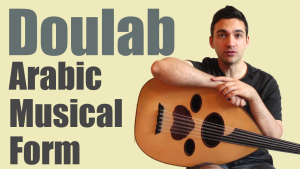
Learning the subtleties of Arabic music can take a long time.
When I was learning Arabic music, I was listening to lots of music so I could hear examples of everything and absorb all the melodies and nuances of all the different maqamat. I was copying these melodies on the Oud and trying to bring them out.
It was a very long process, and I became very good at it. But here’s a shortcut:
Learn maqamat by learning Doulab and Samai pieces
Doulab is a very important Arabic musical form. The whole point of Doulab is to warm up the ear of the listener to the nuances of the maqam being performed. That means you can learn how to develop melody in a maqam by learning a Doulab in a given maqam.
Want to know more and hear an example of a Doulab? Check out the video below!
There is an even faster way to get a grasp of maqamat and modulations. That’s why we developed the Maqam Mastery Program. Click here to see how it works!
The Maqam Mastery Program – Learn Maqam Music by yourself
More Doulab for you to learn
If you haven’t seen this resource, now is a good time to check it out. You’ll find lot’s of Doulab notation that you can access.
Want to buy an Oud? Check out the Ultimate Buyers’ Guide
Subscribe to our newsletter to keep learning about the Oud.

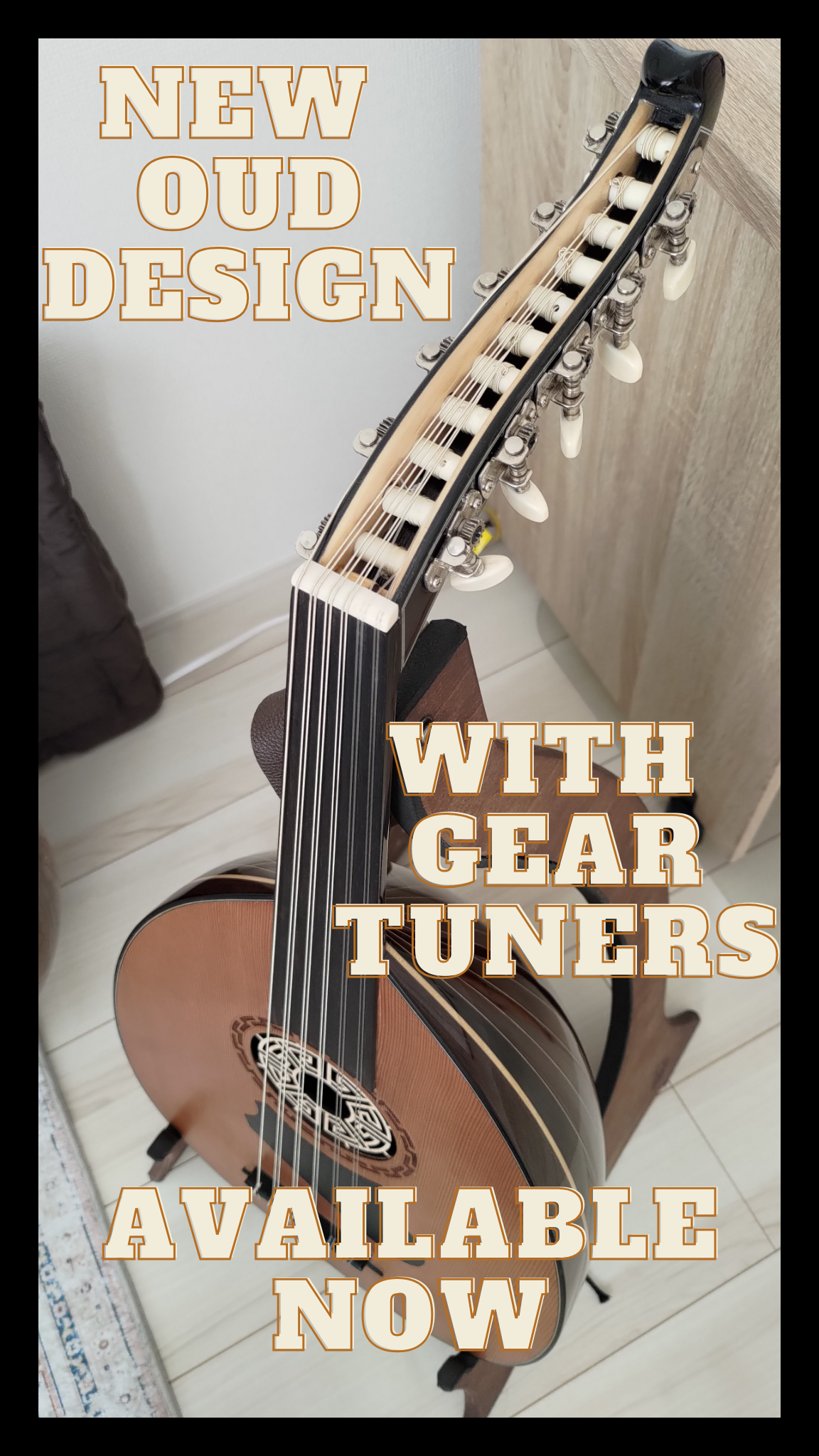
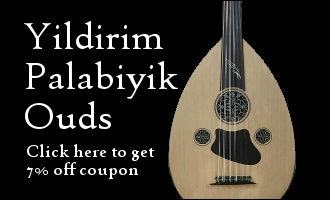
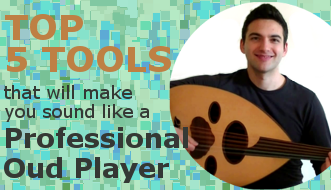
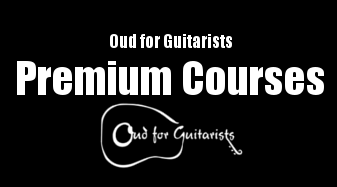
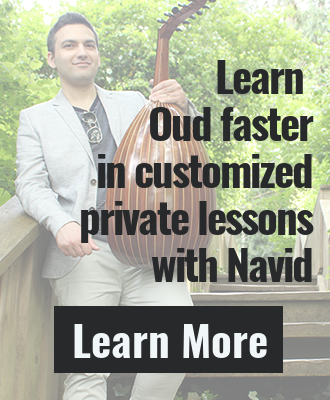
Greetings. I wanna learn to play the oud but I don’t think I could call myself a guitarist. I can play a few chords on guitar(very basic) and don’t really know music theory. Are your courses appropriate for my lack of guitar skills?
I would love to play the oud beautifully
It’s really hard to say. It’s more for someone who can already play an instrument and needs a crash course on the Oud so they can continue to teach themselves. But if you try it, I would recommend either the basic package or the complete package. With the complete package you get some skype lessons with me included so that you can address any gaps. That being said, the material does have some introductory music notation instruction in the manual. Do you own an Oud? Where are you from?
Hi there.
You are a very good teacher. What a nice and generous work.
In the case of doulab, is it totally improvised in the chosen maqaam? Is there any basic structure to perform it? What are the elements that make it different from a taqsim in a given maqaam?
Thanks.
These are very good questions. I’m not aware that Doulab are always improvised or always composed. In a Doulab, there will often be modulations to maqam that is very common to modulate to for example, from Maqam Bayati to Maqam Hussaini. The elements that make it different than a taqsim is that it is played with rhythm, often with a percussionist. Taqsim is generally free rhythm, or no rhythm. The similarity is with the maqam being performed. You may hear a similar way of moving up and down the scale or you may hear pausing or emphasis on particular notes.
Thanks a lot, Navid.
Greetings from Mexico.